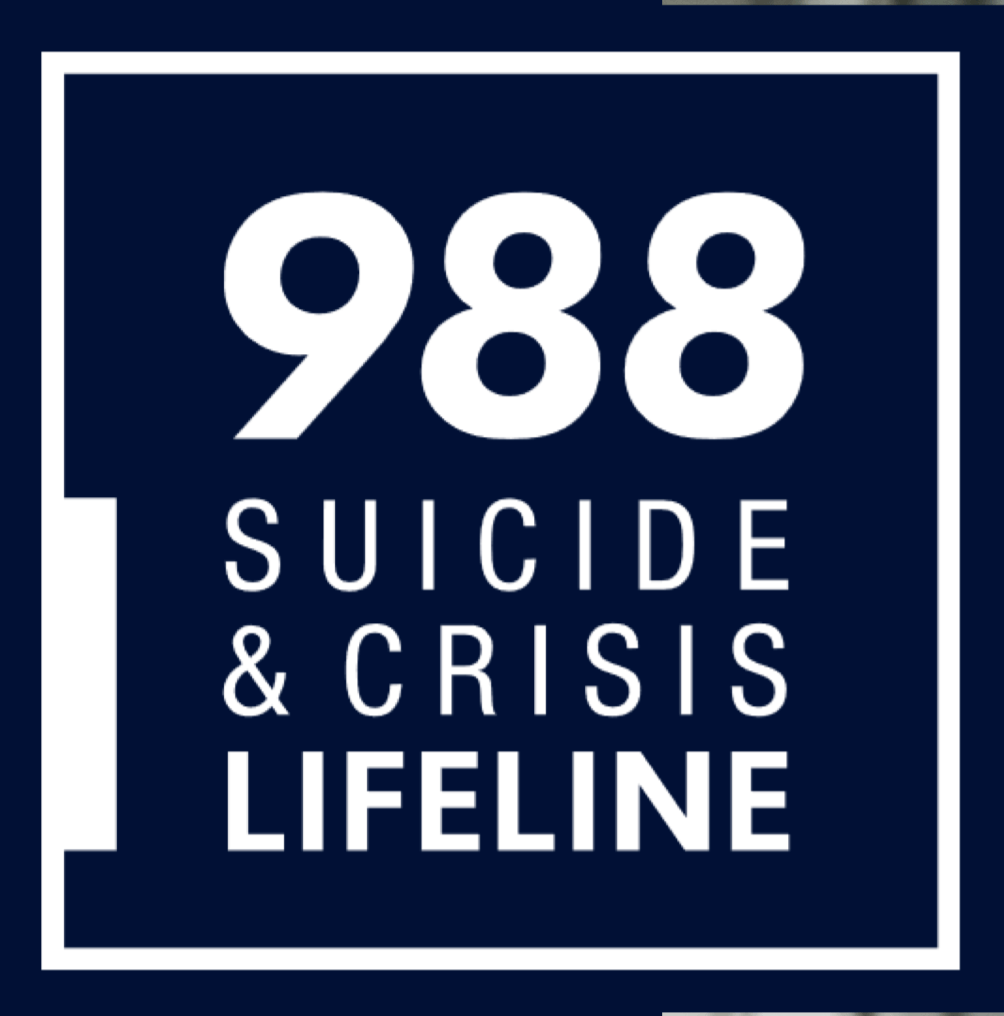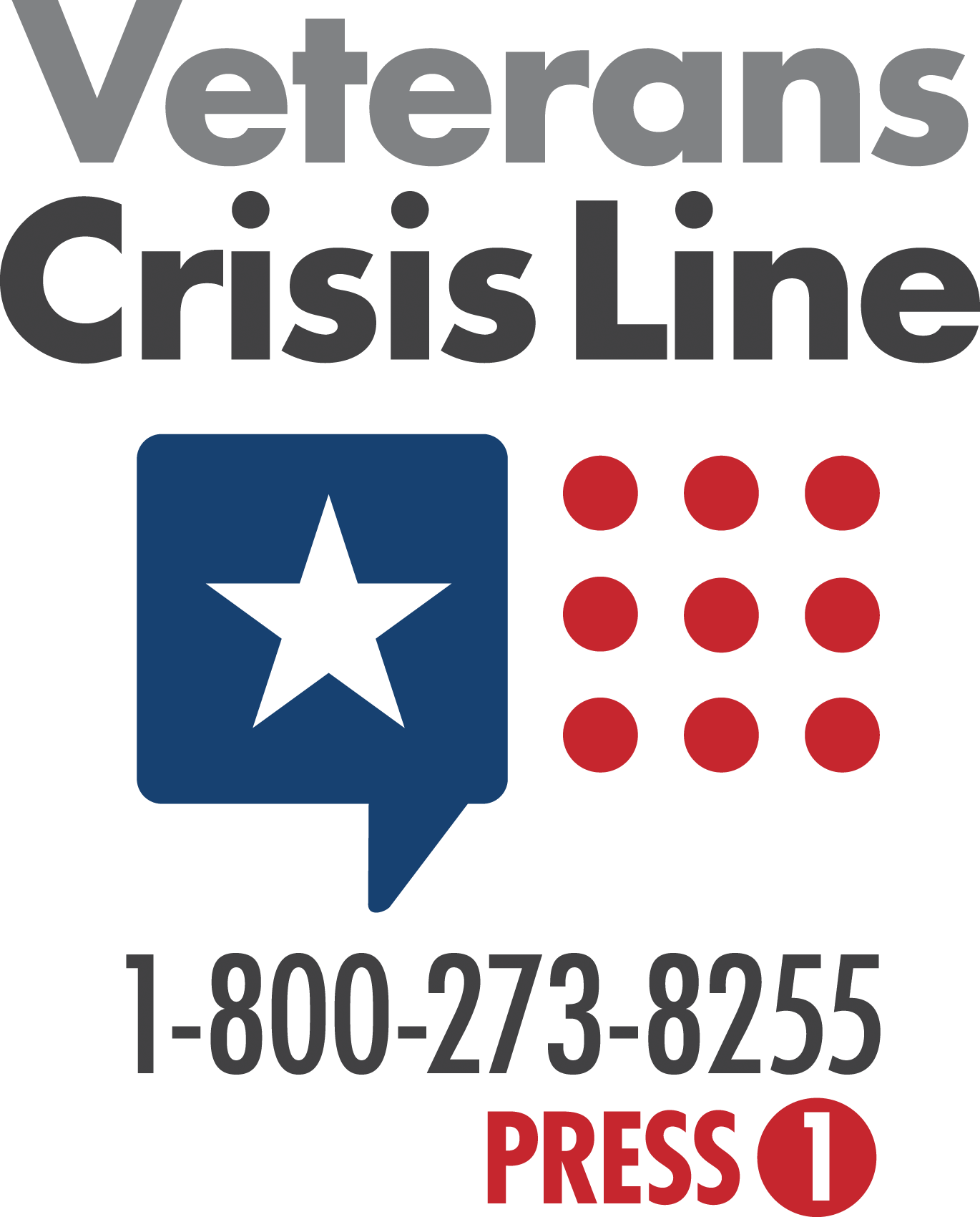Research is Essential.
More data and studies are needed to make these treatments safely and legally available for veterans.
While the healing benefits of psychedelics are well-documented, the wheels of change are slow-moving. To help facilitate wider acceptance for psychedelic therapies, VETS supports cutting-edge research studies and data-driven results.
Veterans facing complex health issues are often excluded from psychedelic clinical trials, leaving critical gaps in identifying effective treatments for veterans with comorbidities. VETS is dedicated to addressing this shortcoming by supporting innovative research focused on the unique circumstances of veteran populations.
Explore Our Research Efforts ›Ending Veteran Suicide Starts Here
Since our inception, VETS has been advancing scientific research.
In 2020, the results of a retrospective study of ibogaine treatment for trauma-related psychological and cognitive impairment in SOF (Special Operations Forces) veterans was published in the peer-reviewed journal, Chronic Stress.
The research demonstrated significant reductions in suicidal ideation, cognitive impairment, depression, anxiety, and symptoms of PTSD. Conducted by Dr. Alan Davis (Ohio State University and Johns Hopkins University), the study was part of the grass roots effort that launched VETS in 2019.
To gather more evidence about ibogaine as a treatment option for PTSD and TBI, VETS collaborated with Dr. Nolan Williams’ (Stanford Brain Stimulation Lab) observational and neuroimaging study, which investigated the safety of ibogaine-assisted therapy in veterans with head trauma, combat, or blast exposure. The study was published in January 2024 in the prestigious peer-reviewed journal Nature Medicine.
In addition, VETS has helped Dr. Alan Davis conduct a prospective program evaluation observing the therapeutic progress of VETS grant recipients. These projects demonstrate VETS’ core commitment to advancing psychedelic research. More information about VETS research can be found below.
VETS supports research and treatment with these science-backed modalities:
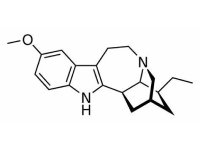
Ibogaine
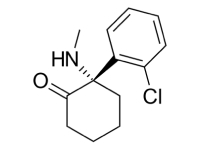
Ketamine
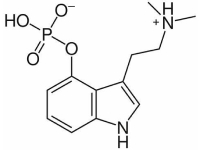
Psilocybin
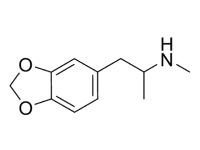
MDMA
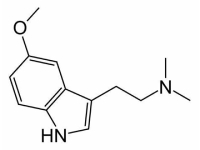
5-MeO-DMT
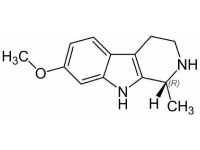
Ayahuasca
VETS Endorsed or Affiliated Research:
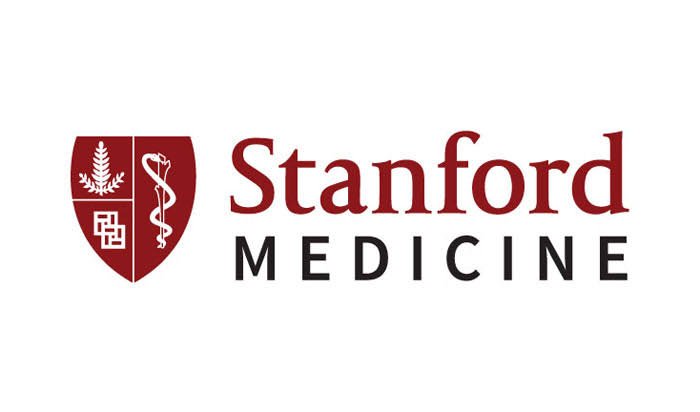
Stanford Brain Stimulation Lab Ibogaine Study
Veterans Exploring Treatment Solutions (VETS), in collaboration with Stanford Brain Stimulation Lab, has supported a pioneering study on the effects of ibogaine therapy for veterans suffering from Traumatic Brain Injury (TBI) and Post Traumatic Stress Disorder (PTSD).
Published in Nature Medicine, this first-of-its-kind observational study highlights remarkable improvements in veterans' health, including significant reductions in disability ratings and suicidal ideation. VETS' involvement underscores our commitment to exploring innovative treatments for veterans' mental health.
Learn More About This Research ›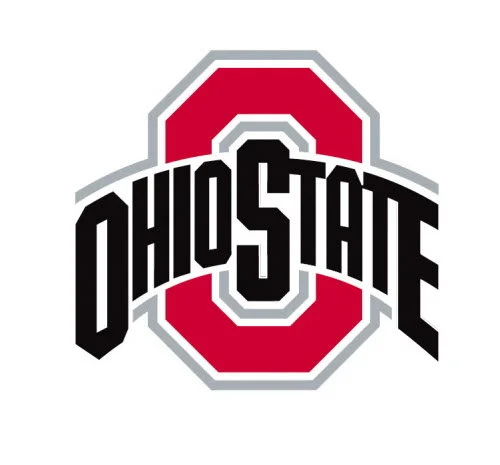
Ohio State Program Evaluation
Dr. Alan Davis of the Ohio State’s Center for Psychedelic Drug Research and Education (CPDRE) is leading a program evaluation of VETS grant recipients.
Learn More About This Research ›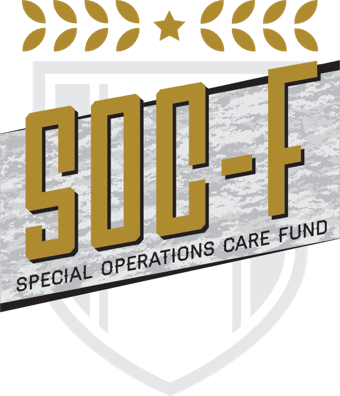
SOC-F Trifecta of Treatment
VETS is providing program support for the Trifecta of Treatment study sponsored by the Special Operations Care Fund (SOC-F).
Learn More About This Research ›External Clinical Trials and Research
Browse a selection of clinical trials investigating psychedelic interventions for addictions, depression, brain injuries and other health issues. Additionally, use the National Institutes of Health clinical trial locator to search for key terms such as psychedelic, veteran, or PTSD.
Psilocybin for the treatment of PTSD in Veterans
Baylor College
Dr. Lynnette Averill and Baylor College of Medicine are thrilled to be initiating enrollment for a Texas state-funded trial of psilocybin-assisted therapy for Veterans with PTSD. This study is supported by HB1802, which passed with nearly unanimous support in the Texas House and Senate and was landmark legislation. The study will trial two doses of psilocybin delivered with supportive therapy before (preparation sessions), during and after (integration sessions) dosing. Please click the attached link to participate in the pre-screen for consideration to be enrolled in the study. Learn More About This Research ›Psilocybin for the Treatment of Veterans With Post-Traumatic Stress Disorder
Ohio State University
The objective of this study is to determine the safety and efficacy of psilocybin assisted psychotherapy in the treatment of Veterans with PTSD.
Learn More About This Research ›MDMA-assisted Brief Cognitive Behavioral Conjoint Therapy for PTSD (MDMA-bCBCT)
San Diego Veterans Healthcare System
The goal of this pilot trial is to examine the preliminary effectiveness of MDMA-facilitated bCBCT for improving chronic PTSD and relationship functioning in a sample of veterans and their intimate partners seeking care within the VA San Diego Healthcare System. Learn More About This Research ›Psilocybin-Assisted vs Ketamine-Assisted Psychotherapy for Alcohol Use Disorder
University of Iowa
This pilot study will collect preliminary data that measures the effects of psilocybin-assisted psychotherapy vs ketamine-assisted psychotherapy on patients struggling with alcohol use.
Learn More About This Research ›Psychedelic Survey for Military Veterans
Johns Hopkins University
Researchers at the Johns Hopkins Center for Psychedelic and Consciousness Research are conducting a survey study of veterans with psychedelic experience to help better understand the effects of psychedelics on post-traumatic stress disorder (PTSD) and other psychiatric conditions. Learn More About This Research ›MDMA-Assisted Psychotherapy in Veterans With Combat-Related, Refractory PTSD
VA Loma Linda Health Care System, Loma Linda CA
This study will test the feasibility of administering MDMA in conjunction with psychotherapy for combat-related treatment-resistant PTSD in US military veterans currently enrolled in VA.
Learn More About This Research ›Transcendental Meditation in Veterans and First Responders With PTSD
United States (Multi-site)
This study will investigate the effectiveness of meditation and therapy as treatments for Posttraumatic Stress (PTS) among Veterans, Active Duty Military Members and First Responders. Participants may receive an intervention for PTS symptoms in the form of the Transcendental Meditation (TM) or Present Centered Therapy (PCT). Neither intervention involves medication or discussing traumatic experiences. Qualifying participants will be compensated up to $1000 for participating.
Learn More About This Research ›Psilocybin Treatment of Major Depressive Disorder With Co-occurring Alcohol Use Disorder
Johns Hopkins University
The objectives of this double-blind, placebo-controlled study are to test the hypotheses that a single high (25 mg) oral dose of psilocybin will lead to enduring reductions in depressive symptoms and amount of drinking compared to placebo in patients with co-occurring MDD and AUD. 90 male and female volunteers who are between the ages of 21 and 65 years old and who meet criteria for MDD and AUD will be recruited from the community and complete all study procedures. Volunteers will be randomized to one of two study arms (psilocybin or placebo), and will complete a drug administration session paired with a brief Motivational Interviewing intervention for alcohol use. Volunteers will undergo assessments of depression and alcohol use before and after treatment. After primary endpoints are measured, all volunteers will receive a second, unblinded intervention with a single high dose of psilocybin (25 mg) to test a secondary hypothesis that two doses of psilocybin are more effective in treating MDD with co-occurring AUD than a single dose.
Learn More About This Research ›Ibogaine Study for Special Operations Veterans
University of Texas at Austin
The Center for Psychedelic Research and Therapy at UT Austin’s Dell Medical School is currently conducting research to understand changes in the brain that occur following receipt of ibogaine treatment to special operations veterans experiencing mental health difficulties. Learn More About This Research ›Global Ibogaine Patient Survey
Ohio State University
The objective of this study is to obtain real-world evidence (RWE) on the safety and effectiveness of the plant-based medicine, ibogaine, as an addiction treatment. In collaboration with researchers from Nova Southeastern University, we are developing an online survey tool to capture RWE from volunteer respondents on their use of ibogaine as an addiction therapy to advance an FDA ibogaine drug development program. The registry is designed to generate the critical scientific assessments and patient-reported outcomes needed to optimize physician and patient use of ibogaine. Furthermore, it will be used to assess changes in the offshore use of ibogaine as an addiction treatment option as opioid use disorder management approaches evolve toward more access to medication-assisted treatment (MAT) in the US. Learn More About This Research ›Featured Publications
Cherian, K.N., Keynan, J.N., Anker, L. et al. (05 January 2024): Magnesium–ibogaine therapy in veterans with traumatic brain injuries , Nature Medicine
Alan Kooi Davis, Yitong Xin, Nathan Sepeda & Lynnette A. Averill (28 May 2023): Open-label study of consecutive ibogaine and 5-MeO-DMT assisted-therapy for trauma-exposed male Special Operations Forces Veterans: prospective data from a clinical program in Mexico , The American Journal of Drug and Alcohol Abuse
Stacey B. Armstrong, Yitong Xin, Nathan D. Sepeda, Martín Polanco, Lynnette A. Averill & Alan K. Davis (01 Feb 2023): Prospective associations of psychedelic treatment for co-occurring alcohol misuse and posttraumatic stress symptoms among United States Special Operations Forces Veterans , Military Psychology
Davis AK, Averill LA, Sepeda ND, Barsuglia JP, Amoroso T. (08 July 2020): Psychedelic Treatment for Trauma-Related Psychological and Cognitive Impairment Among US Special Operations Forces Veterans , Chronic Stress
Afik Faerman, Lauren Anker, Kirsten Cherian, Randi Brown, Nolan Williams (29 May 2023): 0665 Ibogaine treatment in combat Veterans significantly improves sleep, beyond alleviating Post-traumatic Stress Disorder symptoms , Sleep, Volume 46
Mitchell, J.M., Ot’alora G., M., van der Kolk, B. et al. (14 September 2023): MDMA-assisted therapy for moderate to severe PTSD: a randomized, placebo-controlled phase 3 trial , Nature Medicine
Raison CL, Sanacora G, Woolley J, et al. (31 August 2023): Single-Dose Psilocybin Treatment for Major Depressive Disorder: A Randomized Clinical Trial , JAMA
Candice M. Monson, Anne C. Wagner, Ann T. Mithoefer, Rachel E. Liebman, Allison A. Feduccia, Lisa Jerome, Berra Yazar-Klosinski, Amy Emerson, Rick Doblin & Michael C. Mithoefer (07 December 2020): MDMA-facilitated cognitive-behavioural conjoint therapy for posttraumatic stress disorder: an uncontrolled trial , European Journal of Psychotraumatology
Matthew W. Johnson, Peter S. Hendricks, Frederick S. Barrett, Roland R. Griffiths (04 December 2018) Classic psychedelics: An integrative review of epidemiology, therapeutics, mystical experience, and brain network function , Pharmacology & Therapeutics
Armstrong, S. B., Xin, Y., Sepeda, N. D., Polanco, M., Averill, L. A., & Davis, A. K. (2023). Prospective associations of psychedelic treatment for co-occurring alcohol misuse and post-traumatic stress symptoms among United States Special Operations Forces Veterans , Military Psychology
VETS Supports Researchers
In need of support on an existing or future research project? Submit a proposal and we'll see how we can help. VETS has provided academic teams across the country with crucial resources for conducting psychedelic studies in veteran populations. We help identify funding sources, enhance recruitment, provide coordination and administrative logistics, and advise on trial design. We are always looking for the next groundbreaking study in Veteran care.
Support Our Policy EffortsDo you want to support cutting edge research that saves lives? Please make a tax-deductible donation to support the VETS research mission. Your generosity directly supports leading scientists across the United States.

